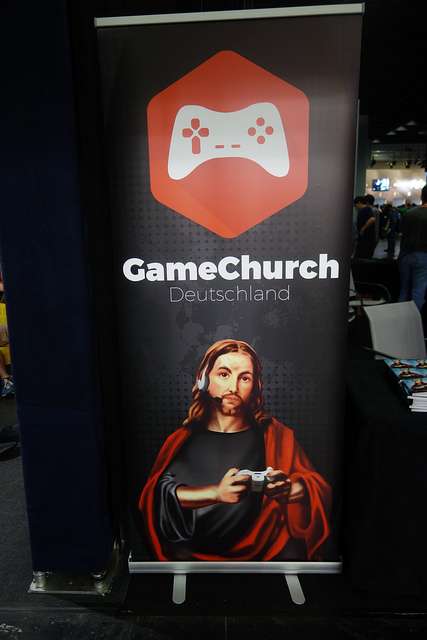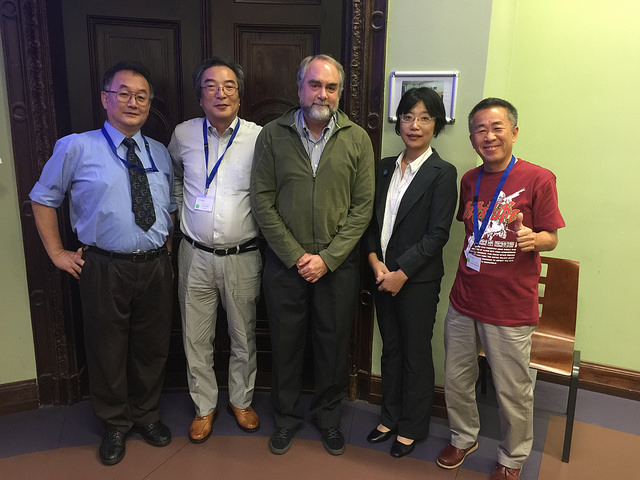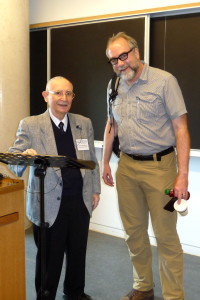As I get ready to fly back to Germany I’m finishing my conference notes on Congress 2016 (CSDH and CGSA). Calgary was nice and not to hot for Congress and we were welcomed by a malware attack on Congress that meant that many employees couldn’t use their machines. Nevertheless the conference seemed very well organized and the campus lovely.
My conference notes cover mostly the Canadian Society for Digital Humanities, but also DHSI at Congress, where I presented CWRC for Susan Brown, and the last day of the Canadian Game Studies Association. Here are some general reflections.
- I am impressed by how the CGSA is growing and how vital it is. It has as many attendees as CSDH, but younger and enthusiastic attendees rather than tired. Much of the credit goes to the long term leadership of people like Jen Jensen.
- CSDH has some terrific keynotes this year starting with Ian Milligan, then Tara McPherson, and finally Diane Jakacki.
- It was great to see people coming up from the USA as CSDH/SCHN gets a reputation for being a welcoming conference in North America.
- Stéfan Sinclair and I had a book launch for Hermeneutica: Computer-Assisted Interpretation in the Humanities at which Chad Gaffield said a few words. It was gratifying that so many friends came out for this.
At the CSDH AGM we passed a motion to adopt Guidelines on Digital Scholarship in the Humanities (Google Doc). The Guidelines discuss the value of digital work and provide guidelines for evaluation:
Programs of research, which are by nature exploratory, may require faculty members to take up modes of research that depart from methods they have previously used, therefore the form the resulting scholarship takes should not prejudice its evaluation. Original works in new media forms, whether digital or other, should be evaluated as scholarship following best practices if so presented. Likewise, researchers should be encouraged to experiment with new forms when disseminating knowledge, confident that their experiments will be fairly evaluated.
The Guidelines have a final section on Documented Deposit:
Digital media have not only expanded the forms that research can take, but research practices are also changing in the face of digital distribution and open access publishing. In particular we are being called on to preserve research data and to share new knowledge openly. Universities that have the infrastructure should encourage faculty to deposit not only digital works, but also curated datasets and preprint versions of papers/monographs with documentation in an open access form. These can be deposited with an embargo in digital archives as part of good practice around research dissemination and preservation. The deposit of work, including online published work, even if it is available elsewhere, ensures the long-term preservation by ensuring that there are copies in more than one place. Further, libraries can then ensure that the work is not only preserved, but is discoverable in the long term as publications come and go.



